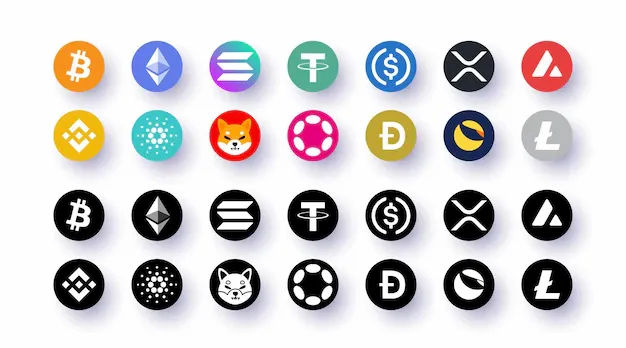Digital money is a computerized or virtual type of cash that involves cryptography for secure monetary exchanges, control the production of extra units, and confirm the exchange of resources. Dissimilar to conventional types of cash gave by national banks, digital currencies work on decentralized networks known as blockchain innovation.
The most notable cryptographic money is Bitcoin, which was presented in 2009 by a mysterious individual or gathering utilizing the pen name Nakamoto. Bitcoin made ready for the advancement of various other digital currencies, frequently alluded to as altcoins, like Ethereum, Wave, Litecoin, and some more.
Digital forms of money depend on cryptographic procedures to get exchanges and control the making of new units. This cryptography guarantees the honesty and security of the exchanges, making them impervious to misrepresentation and falsifying. Exchanges are recorded on a public record called the blockchain, which is kept up with by an organization of PCs known as hubs. This decentralized nature of digital currencies wipes out the requirement for middle people, like banks, and considers distributed exchanges.
One of the vital highlights of digital forms of money is their restricted stock. Most digital currencies have a foreordained greatest stockpile, and the production of new units is commonly controlled through a cycle called mining. Excavators utilize strong PCs to tackle complex numerical issues, and consequently, they are compensated with new units of the digital money. This cycle controls the making of new units as well as approves and gets exchanges on the organization.
Digital forms of money offer a few benefits over conventional government issued types of money. They empower quick and secure cross-line exchanges with lower expenses contrasted with customary financial frameworks. Also, cryptographic forms of money give monetary inclusivity, permitting people without admittance to conventional financial administrations to partake in the worldwide economy.
Be that as it may, cryptographic forms of money additionally face difficulties and concerns. Value unpredictability is a critical quality of numerous digital currencies, making them subject to theoretical speculation. Security is another worry, as programmers have designated digital money trades and wallets, bringing about burglary of assets. Administrative systems and government acknowledgment of digital currencies change all around the world, prompting vulnerability and likely limits on their utilization.
Notwithstanding the difficulties, cryptographic forms of money stand out and reception as of late. They have ignited development in different businesses, including finance, production network the board, and decentralized applications. The fundamental blockchain innovation can possibly alter various areas by empowering straightforwardness, recognizability, and proficiency.
Taking everything into account, digital currencies are advanced monetary standards that use cryptography and decentralized organizations to empower secure and straightforward monetary exchanges. They offer advantages like quicker cross-line exchanges, monetary inclusivity, and the potential for development.
Be that as it may, challenges remain, including value unpredictability and security concerns. The inescapable reception of cryptographic forms of money and their effect on the worldwide monetary framework are areas of progressing advancement and investigation.



